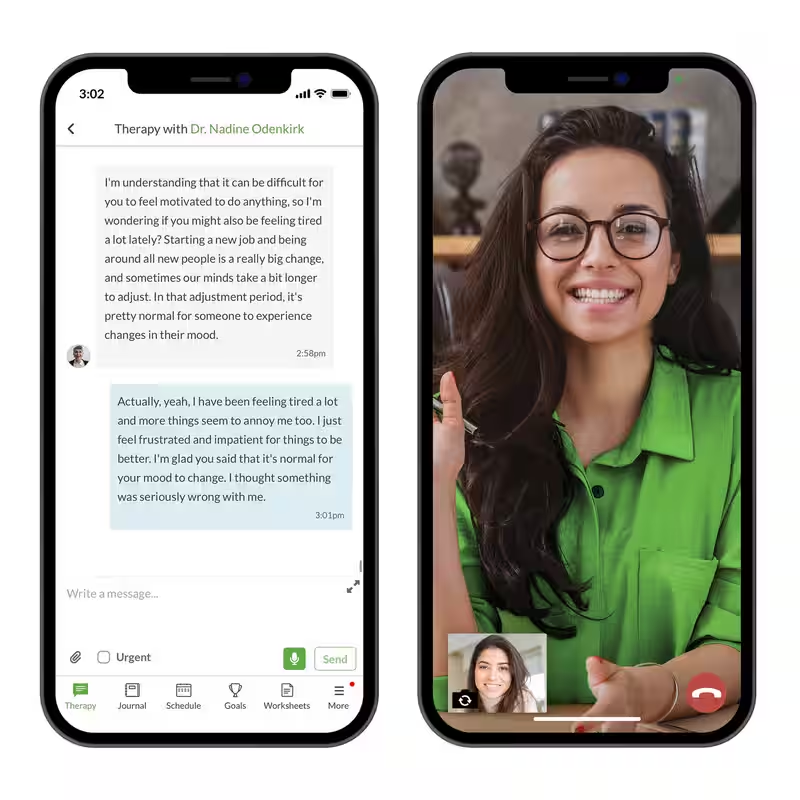Table of Contents
- Study Overview
- How Text Therapy Works
- Text vs. Video: What the Data Shows
- Why This Matters for Mental Health Access
- Expert Reactions and Caveats
- Sources
Text Therapy Proven Effective in Large-Scale Trial
Text-based therapy isn’t just convenient—it’s clinically effective. A new large-scale randomized trial published Thursday in JAMA Network Open has found that text therapy produces outcomes comparable to video-based sessions for individuals with mild to moderate depression.
The study marks a turning point in digital mental health, offering robust evidence that asynchronous communication—where patients and therapists exchange messages on their own schedules—can deliver real therapeutic benefits without requiring real-time interaction.
How Text Therapy Works in Practice
Unlike traditional therapy, text therapy allows users to message their licensed therapist throughout the day. For example, someone might send a message at 7 a.m. describing anxiety about an upcoming work presentation. Hours later—or even the next morning—the therapist responds with cognitive reframing techniques, breathing exercises, or prompts to examine evidence behind negative thoughts.
This flexibility makes mental health support more accessible to people with unpredictable schedules, social anxiety, or limited access to in-person care.
Text vs. Video: What the Data Shows
Researchers compared outcomes from hundreds of participants randomly assigned to either text-based or video-based therapy over a 12-week period. Both groups showed similar reductions in depression symptoms, as measured by standardized clinical scales.
| Therapy Type | Average Symptom Reduction | Participant Satisfaction |
|---|---|---|
| Text-Based | 42% | 86% |
| Video-Based | 44% | 89% |
While video therapy had a slight edge in satisfaction, the clinical outcomes were statistically indistinguishable—suggesting text therapy is a viable alternative, especially for those who prioritize privacy or convenience.
Why This Matters for Mental Health Access
With nearly 21 million U.S. adults experiencing at least one major depressive episode annually, scalable solutions are urgently needed. Text therapy platforms like BetterHelp and Talkspace have surged in popularity, but until now, high-quality evidence supporting their efficacy was limited.
This study helps legitimize asynchronous care models and could influence insurance coverage decisions, workplace mental health programs, and telehealth policy.
Expert Reactions and Caveats
“This is a game-changer for digital mental health,” said Dr. Elena Martinez, a clinical psychologist unaffiliated with the study. “It validates what many patients already knew—that support doesn’t have to happen in real time to be meaningful.”
However, experts caution that text therapy may not suit everyone. Those with severe depression, active suicidal ideation, or complex trauma may still require in-person or synchronous care. The study focused exclusively on mild to moderate cases.
Sources
The New York Times: Study Finds Evidence That Text-Based Therapy Eases Depression
JAMA Network Open: Randomized Trial on Digital Therapy Modalities




